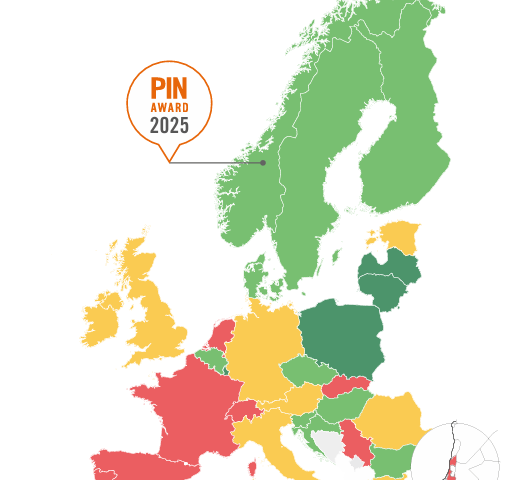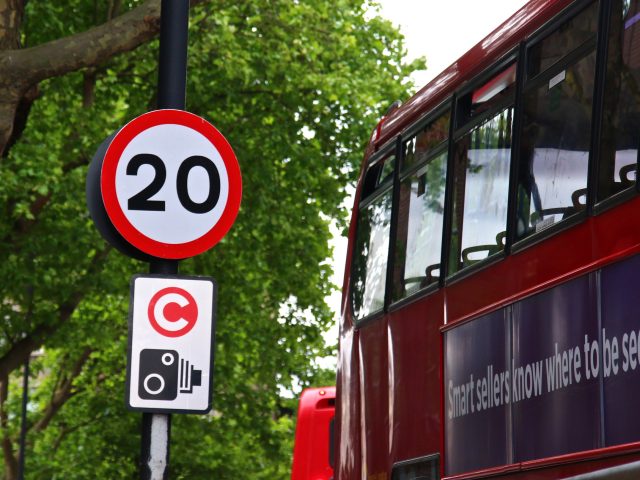New York trial confirms ISA effectiveness
The city of New York has published the results of a large trial of intelligent speed assistance on 500 city fleet vehicles which show incidences of speeding were reduced by 64% as compared to the control group over 2.9 million miles (4.7 million km).
The city has announced that they will further expand the ISA initiative to 2,100 vehicles thanks to support from a $2.4 million U.S. Department of Transportation (DOT) grant.
Key highlights from the report include:
- ISA’s impact on speed reduction: The study found a 64% reduction in time spent speeding more than 11 mph over the posted speed limit for vehicles with ISA. This reduction was especially pronounced on high-speed roads, such as highways, where speeding dropped by 82%.
- ISA effectiveness: The ISA pilot involved 23 distinct types of vehicles across 19 city agencies, including medium and heavy-duty trucks and school buses. The technology was equally effective in reducing speeding across different vehicle types, proving its scalability and adaptability to diverse fleet operations.
- Targeting high-risk drivers: For the first time, the city deployed ISA on 158 vehicles associated with high-risk driving behaviours, such as frequent speeding tickets or telematics alerts. The findings showed that even these vehicles demonstrated significant improvements in speed compliance, with ISA dramatically reducing speeding incidents.
The results in New York mirror the findings of a London trial, which showed a 62% reduction in speeding incidences on a fleet of 360 vehicles.
Intelligent Speed Assistance has been fitted on all new vehicles sold in the EU since July of this year. However the EU’s minimum requirements for the technology allow for an audible alert which signals to the driver when the speed is exceeded. The fleet trials in London and New York use technology which acts as an intelligent speed limiter, actively intervening to prevent the driver from speeding. Such systems are much more effective at reducing instances of speeding.







